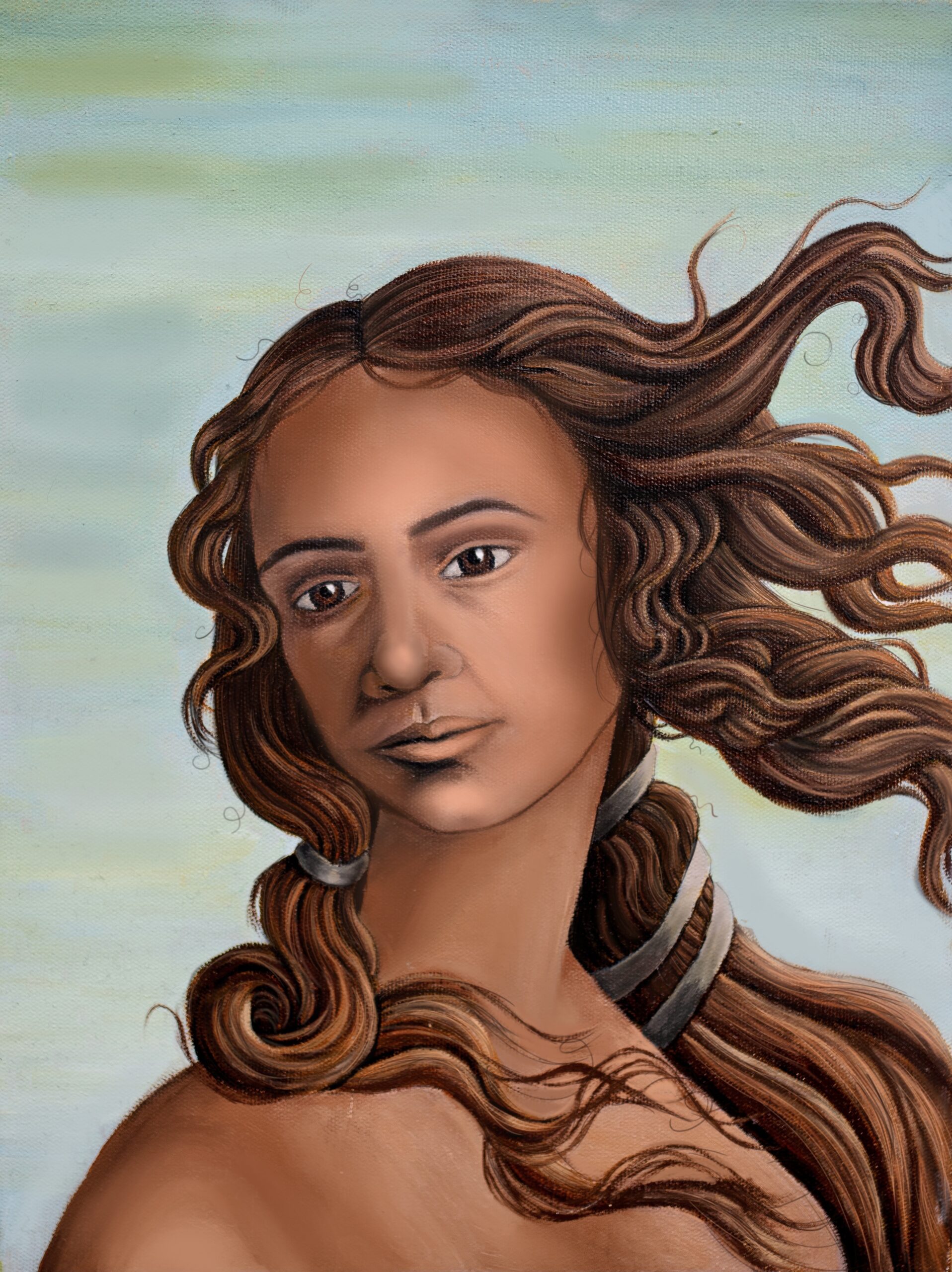Featured in

- Published 20250506
- ISBN: 978-1-923213-07-4
- Extent: 196 pp
- Paperback, ebook, PDF


Already a subscriber? Sign in here
If you are an educator or student wishing to access content for study purposes please contact us at griffithreview@griffith.edu.au
Share article
More from author

Reluctant farewell to a trusted companion
I visited the Metropolitan Museum of Art, the Guggenheim, the Museum of Natural History, basically anywhere that allowed strollers. I spent a lot of time in Barnes & Noble on 86th (which is now, depressingly, a Target). There was even special stroller parking on the kids’ level.
In fact, I didn’t really go anywhere that I couldn’t get to with the stroller. The children and I only left Manhattan a total of nine times the entire year (three times to go to the New York Botanical Garden in the Bronx, twice to go to a Greek restaurant in Astoria that had an extremely high Zagat rating and was very good, once to go to the Bronx Zoo, once to go to Brooklyn to see what all the fuss was about, once on the train to Boston and once we hired a car to drive to Washington, DC to spend Easter with friends). That was it.
Here was the thing – the red double stroller gave me the freedom and security of knowing that I could go outside with both children, be completely prepared with all my accessories and baby/toddler supplies and everything would be okay. If I could make a plan to leave the apartment and walk there with the stroller, I would do it.
More from this edition

Trip Advisor review of a protest
Poetry Firstly, what’s with all the footwork? A downward slope would be an attribute. There’s enough gory fundamentalism without toe jam. On that note, can...

The art of appropriation
In Conversation When Brandi Salmon taught herself to paint as a teenager in country Victoria, she never imagined she’d grow up to be a full-time visual...

You will be seen now
PoetryI saw a fin- ger loosen the zipper,the bag’s tan exterior animated by teeth. Beneath knuckle-white shades, faces surfaced–witnesses in a waiting room. Pareidolia or paranoia?Malice etched in putty. Everything...